Natural Resources Canada (NRCan) has launched the next Canada in a Changing Climate: National Assessment Process of how and why Canada’s climate is changing; the impacts of these changes on our communities, health, environment, and economy; and how we are adapting. Reports produced in the last process can be found on ChangingClimate.ca.
The reports produced through this process are structured to inform sound decision-making on climate change adaptation, without being policy prescriptive. The Advisory Committee members provide advice to the Secretariat at all phases of the assessment process.
Membership
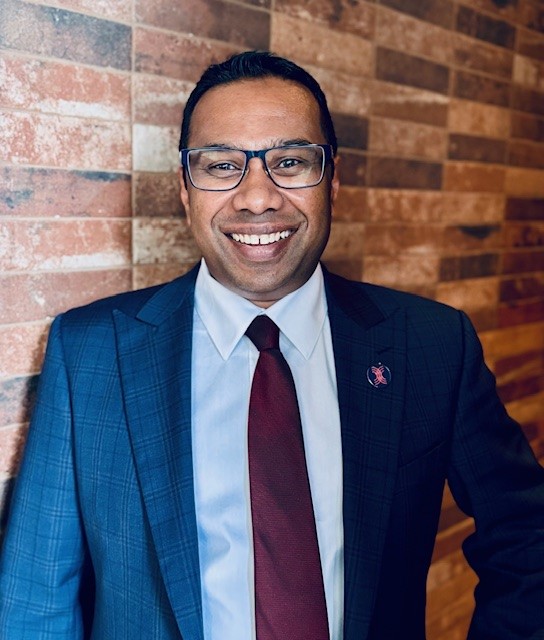
Channa S. Perera
Channa is a seasoned executive with over 25 years of experience in policy analysis, government advocacy, program development and implementation, stakeholder engagement, and corporate strategy, including strategic planning. He currently serves as Vice-President of Regulatory and Indigenous Affairs at Electricity Canada, responsible for providing strategic oversight on policy issues related to the electricity value chain. Prior to assuming this role, he served in other progressive positions at Electricity Canada, including Vice-President, Policy Development and Director of Generation, Sustainability, and Indigenous Affairs. Channa has a Master of Arts (MA) in Political Science from Carleton University (Ottawa) and a Mini-MBA from McGill University’s Executive Institute (Montreal).
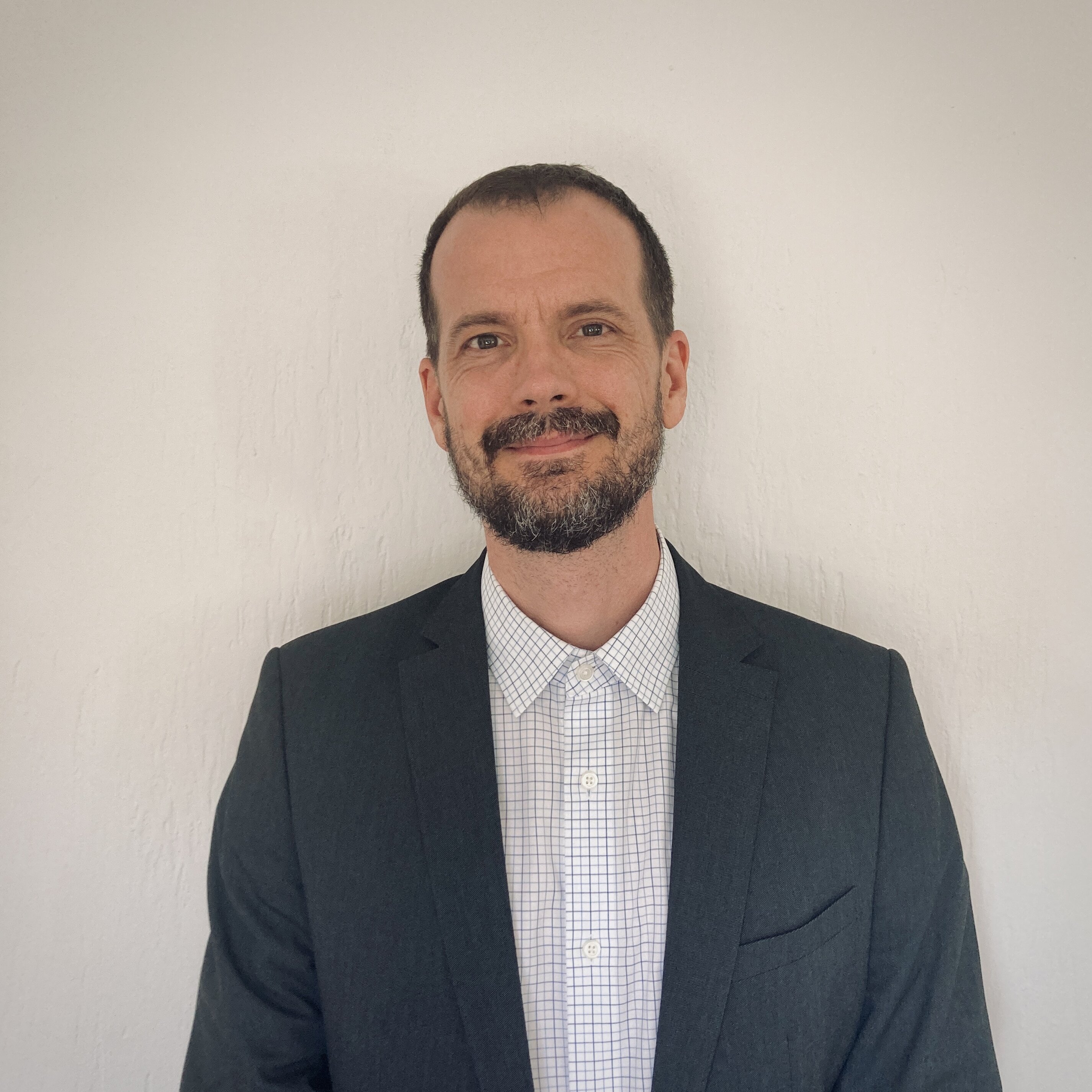
Craig Brown
Craig Brown is a Senior Scientist, Climate Change and Health at Vancouver Coastal Health, where he supports health-focused climate change adaptation in communities. Craig is also an associate faculty member at Royal Roads University, an instructor at University of Victoria, and has served as an author on national and international climate change knowledge assessments, including the IPCC Sixth Assessment report.
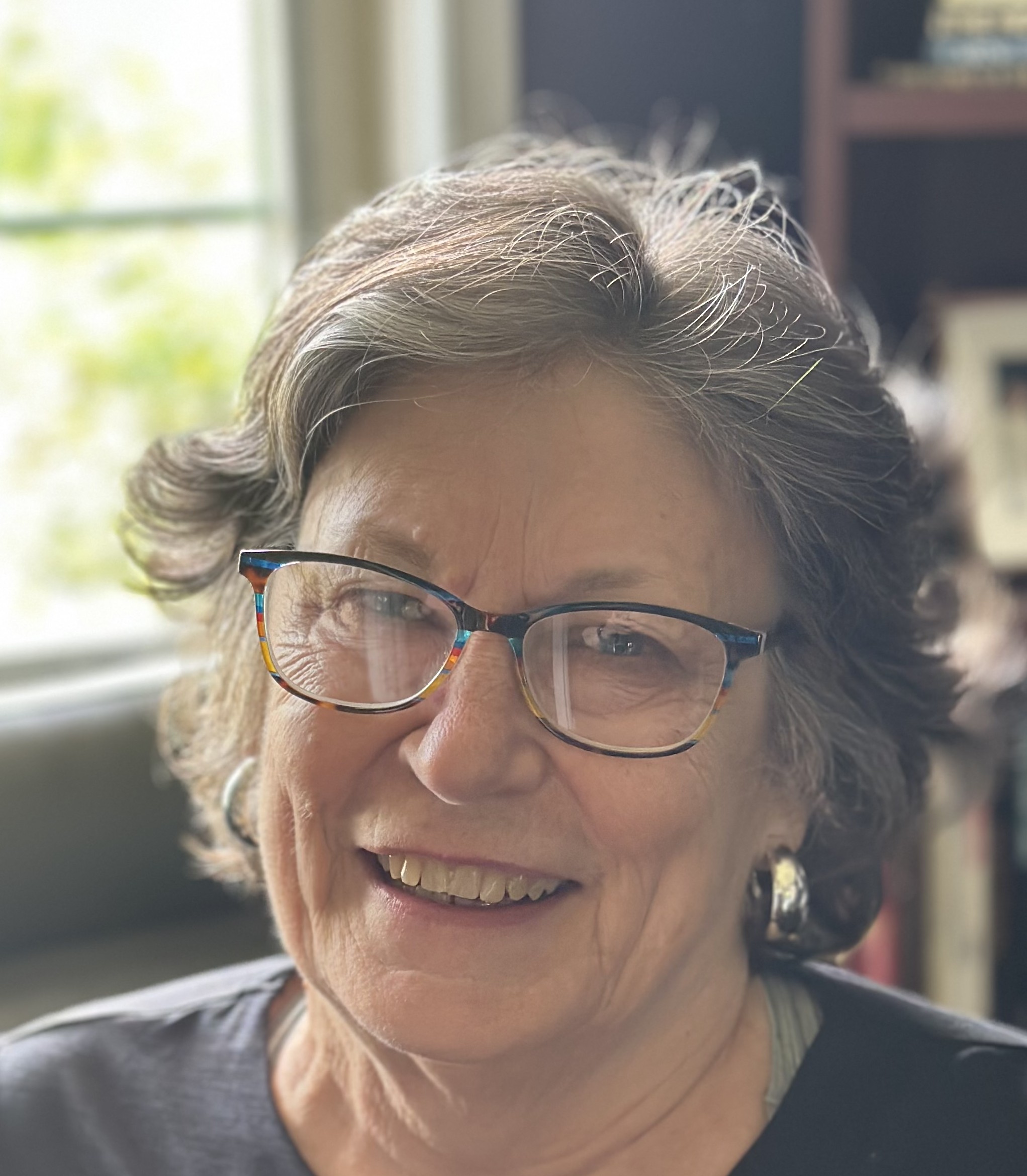
Colleen Mercer Clarke
Dr. Mercer Clarke is a landscape architect and coastal ecologist whose work focusses on the delivery of useful science on climate change and adaptation to communities, business and governments. Since 2009, she has been active with national and international community-university alliances focused on adaptation in coastal communities at threat from sea level rise, severe weather and a changing climate. She served as a member of the National Advisory Committee and was a lead author for the 2016 Assessment ‘Canada’s Marine Coasts in a Changing Climate’. She also contributed to the Thriving Natural Environment Advisory Table for the development of Canada’s National Adaptation Strategy (2022). She serves now as the Senior Advisor on Adaptation and Biodiversity to the Board of the Canadian Society of Landscape Architects, and as the International Federation of Landscape Architects Special Envoy to the International Union for the Conservation of Nature (IUCN).
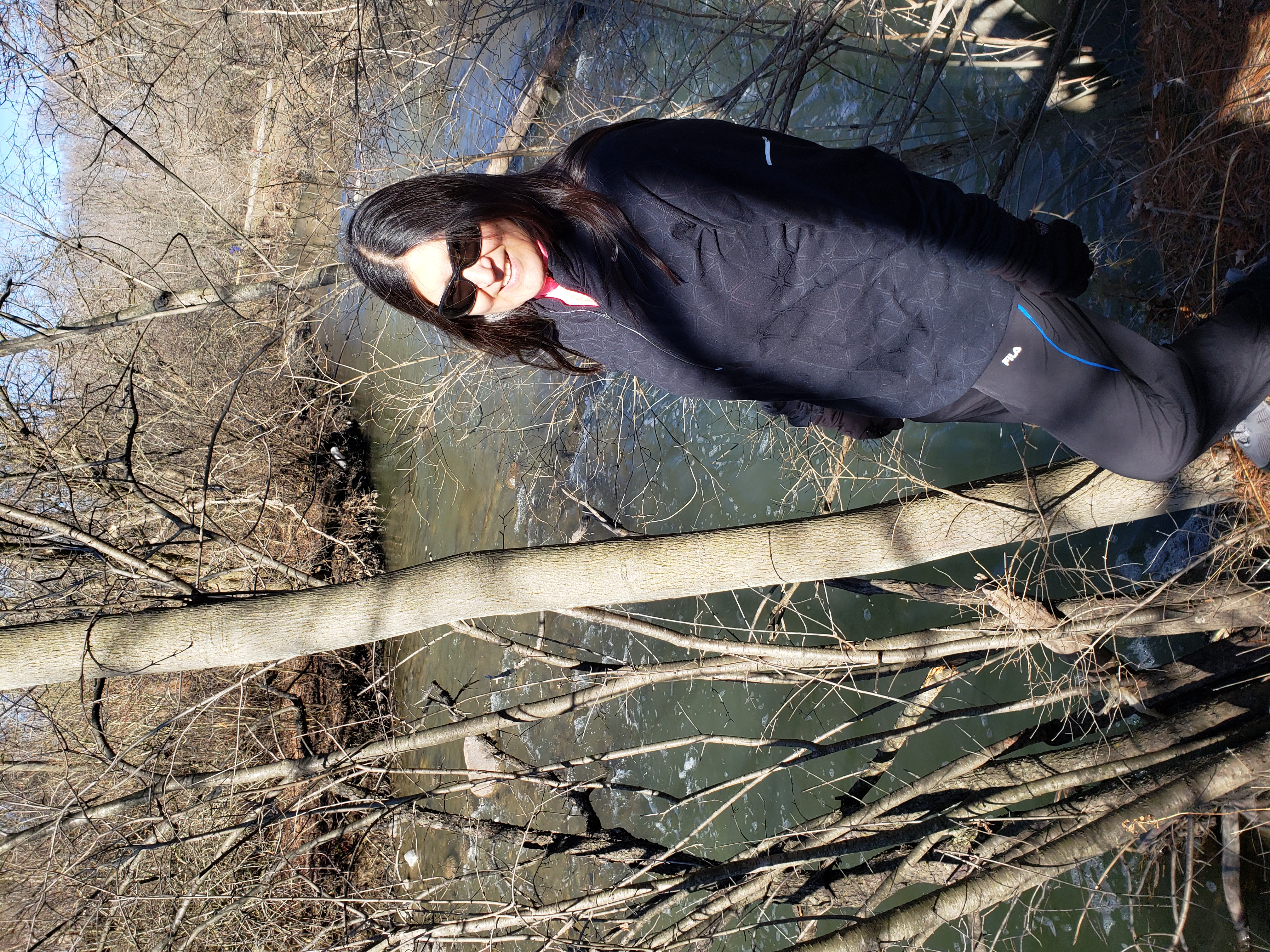
Deborah McGregor
Deborah McGregor is Anishinabe and a Professor and Canada Excellence Research Chair: Indigenous Knowledge and Planetary Well Being, in the Faculty of Science at the University of Calgary. Professor McGregor’s research has focused on Indigenous knowledge systems in diverse contexts including environmental and water governance, environmental and climate justice, health and Indigenous legal traditions. Professor McGregor remains actively involved in a variety of Indigenous communities, serving as an advisor and continuing to engage in community-based research and initiatives. Professor McGregor has been at the forefront of Indigenous environmental and climate justice and Indigenous research theory and practice.
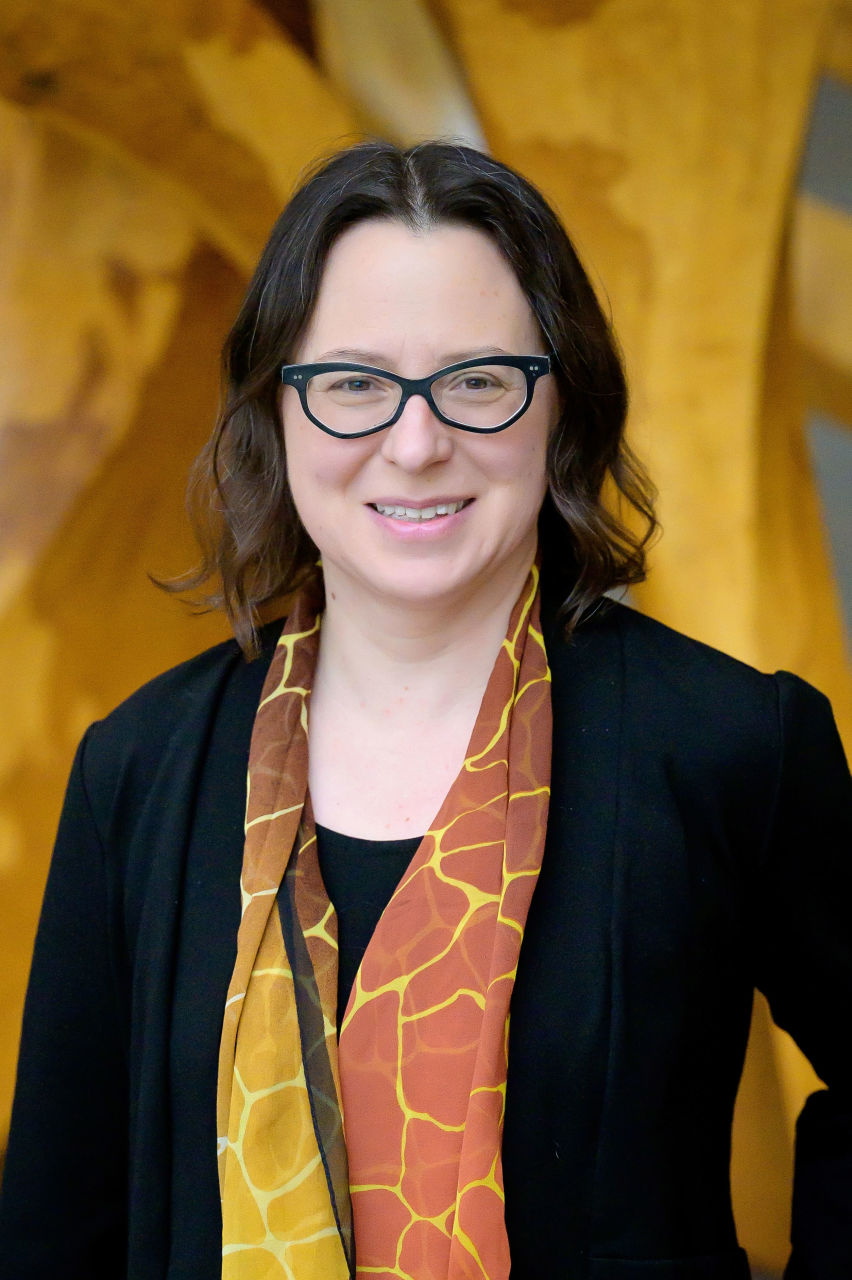
Elisabeth Gilmore
Dr. Elisabeth Gilmore is Associate Professor in Environmental Engineering and Public Policy at Carleton University and a Science Advisor at Environment and Climate Change Canada. Her research focuses on how social, economic and political factors shape climate action. She was a lead author for Working Group Il on the 6th Assessment Report of the Intergovernmental Panel on Climate Change. She sits on the Scientific Committee for the World Adaptation Science Programme, the taskforce on scenarios and models of the Intergovernmental Science-Policy Platform on Biodiversity and Ecosystem Services, and the UN Expert Group on SDG and Climate Action Synergies.
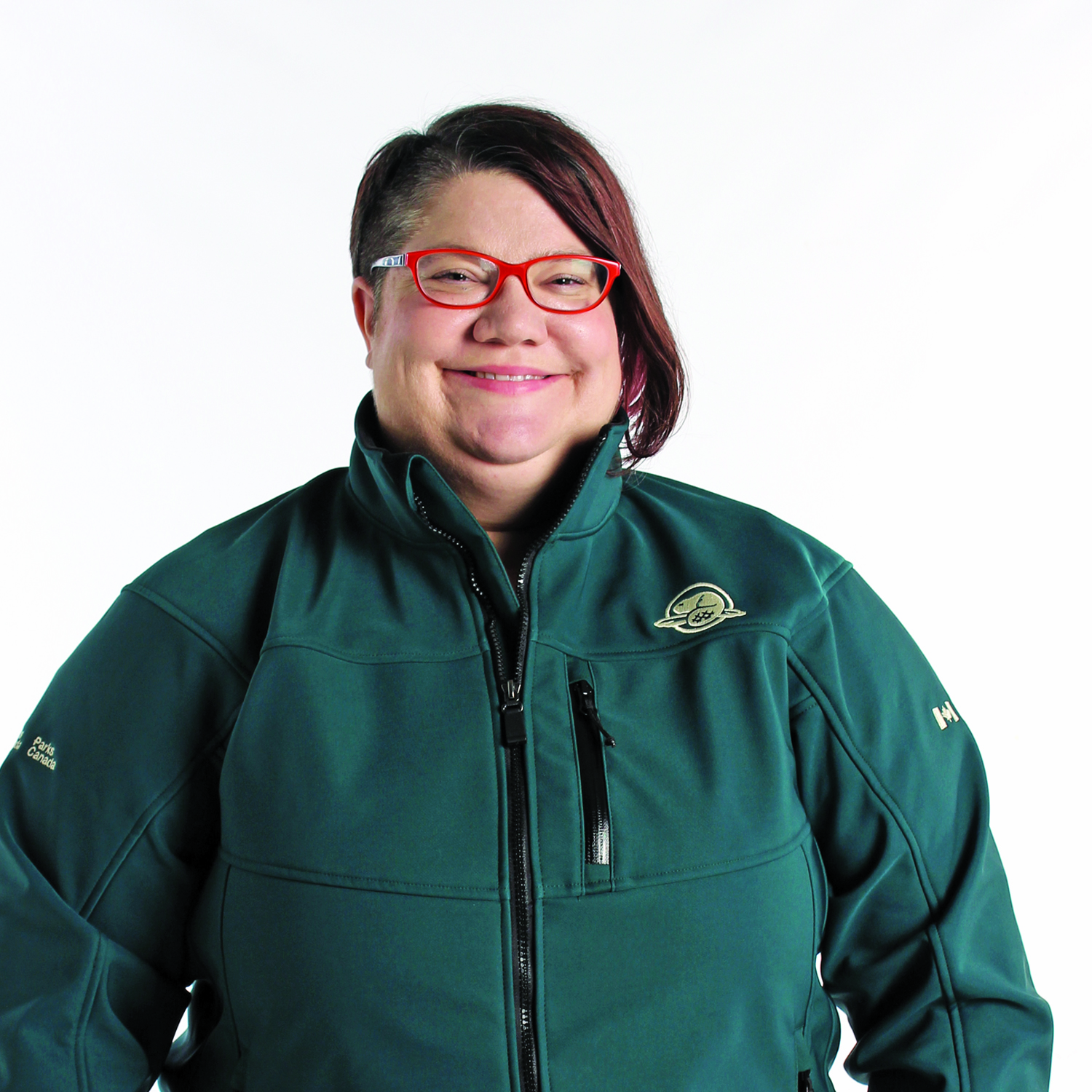
Elizabeth Nelson
Dr. Elizabeth Nelson has more than 20 years of experience in the field of climate change adaptation and is passionate about bringing diverse collaborators together to identify and implement climate change solutions. She leads multi-disciplinary, multi-jurisdictional discussions and working groups on key conservation priorities, and supports climate-smart conservation action across Parks Canada’s diverse ecosystems. In collaboration with provinces and territories, she developed a Climate Change Adaptation Framework for Parks and Protected Areas (Nelson et al. 2020). She is currently applying the Resist-Accept-Direct (RAD) framework to a broad variety of climate change challenges and opportunities across the Agency.
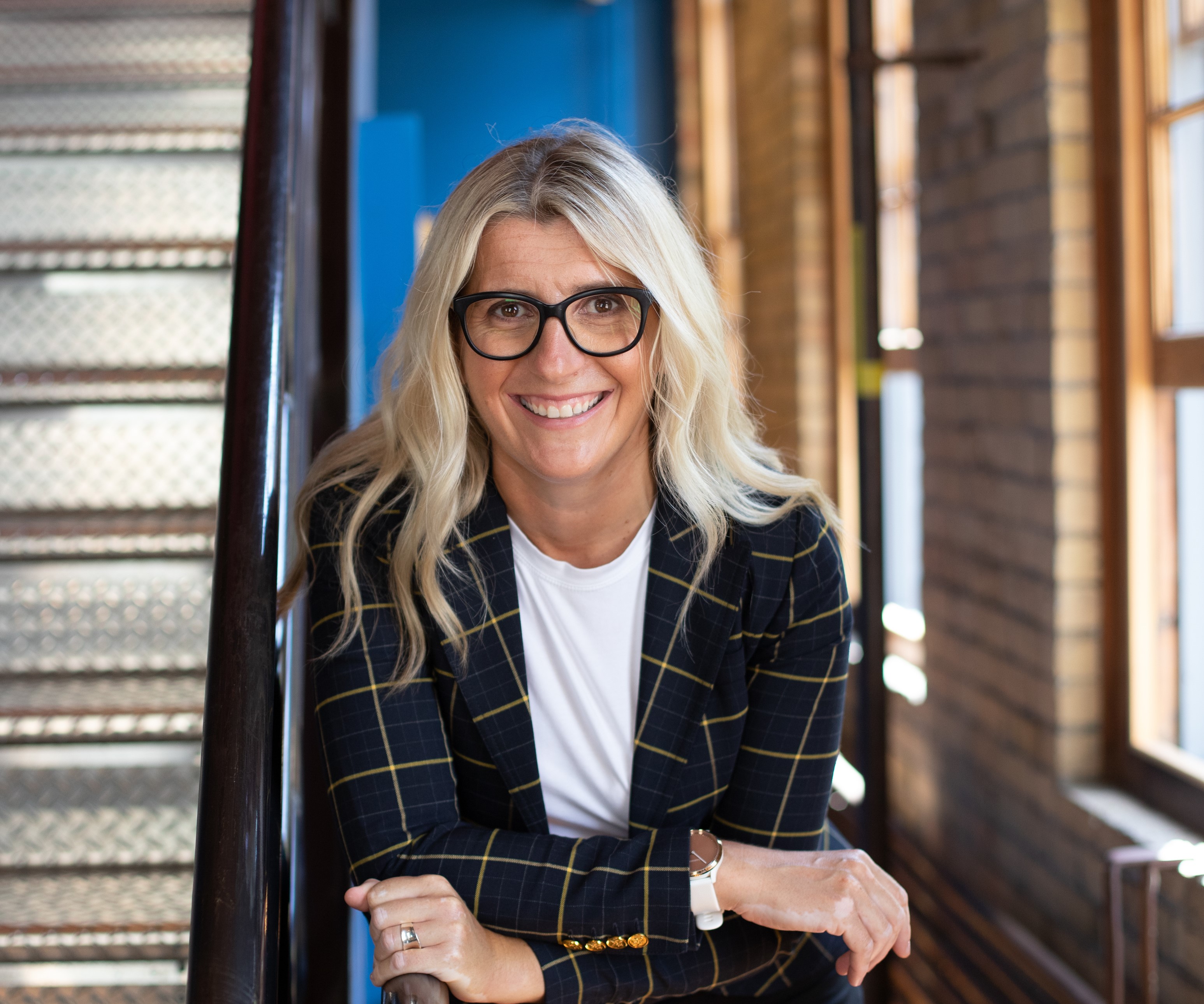
Ewa Jackson
Ewa Jackson is a leader in the field of municipal climate adaptation and resilience. She has worked with municipal governments for over 24 years in the fields of climate change, engagement, and capacity building. In addition to managing ICLEI Canada’s operational and program activities, Ewa Jackson has worked on numerous adaptation and resilience projects, including those of local, national, and international scope. She served as a Lead Author on the Cities and Towns Chapter in Canada in a Changing Climate, National Issues Report.

Fred Lipschultz
Dr. Fred Lipschultz is a retired Senior Scientist at the US Global Change Research Program. His responsibilities included working on the National Climate Assessment, coordinating with U.S. state and local assessments, and serving as an advisor to international assessment activities. He also works to enhance the provision of climate data, information, and knowledge across the federal government.
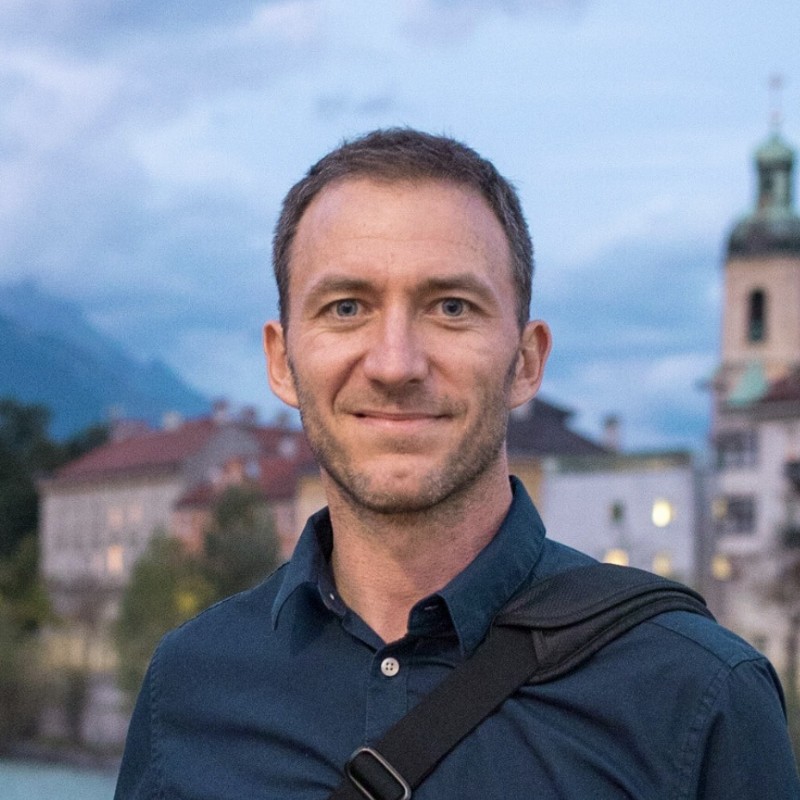
Graham McDowell
Graham is an environmental social scientist specializing in the human dimensions of climate change in mountain regions, as well as knowledge assessment and co-creation activities, particularly with Indigenous Peoples. He has led many community-engaged projects, and was the founder and leader of the Canadian Mountain Assessment. In addition, he is a two-time Contributing Author with the Intergovernmental Panel on Climate Change (IPCC), an Editorial Board member for the journal Mountain Research and Development, and a Fellow of the Royal Canadian Geographical Society. Graham holds numerous advisory roles related to climate change in cold regions, including on the National Steering Committee of the UN International Year of Glacier Preservation, the Advisory Committee of the Canada in a Changing Climate assessment report, and the Science and Knowledge Advisory Committee of UN Mountain Partnership. He is currently the Director of Science and Knowledge at the Yellowstone to Yukon (Y2Y) Conservation Initiative.

Hannah Bayne
Hannah Bayne is a PhD student in Public Health at the University of Alberta in the Climate Change and Global Health Research Group. Her research explores the impacts of climate change on psychosocial well-being, using community and arts-based research methodologies to examine how collective music-making can address climate grief and anxiety. Hannah is active in science communication and community outreach, primarily working with children and young people in schools to build climate change and health literacy. She has been awarded a Canada Graduate Scholarship – Master's and the NCCPH Knowledge Translation Student Award 2024 for her academic and outreach work.
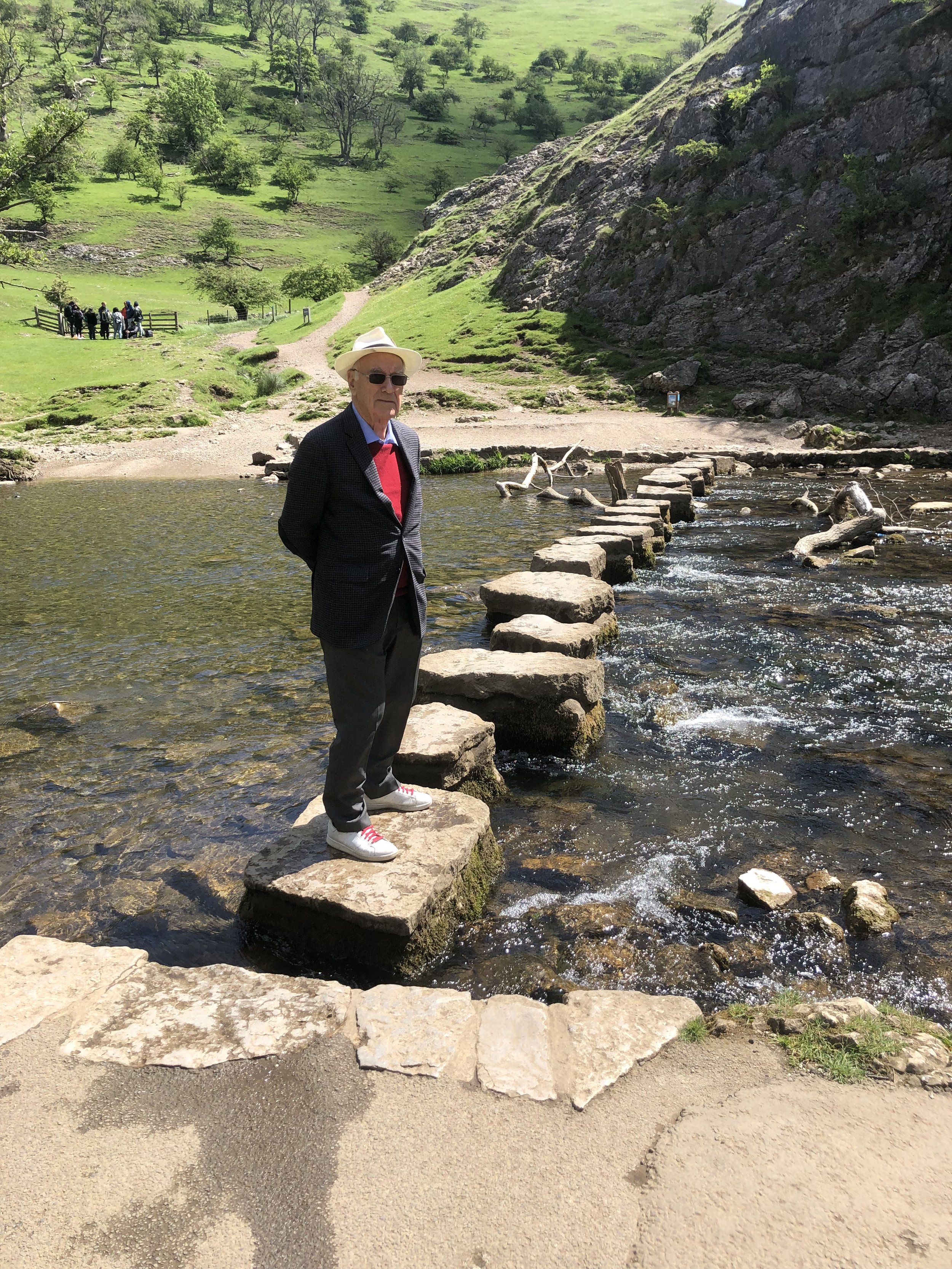
Ian Burton
Ian Burton is Professor Emeritus at the University of Toronto, Department of Geography and School of the Environment. He is a former Director of the Adaptation Research Group in Environment and Climate Change Canada, and was formerly in the Policy Advisory Group to Elizabeth Dowdeswell. Ian has served as a lead author in four IPCC assessments, and the Special Report on Extreme Events. He is currently an independent scholar and consultant, holding consultant appointments with World Bank; Munich Reinsurance Group; WHO; WMO; and numerous Provincial and Federal agencies in Canada. In 2023, Ian was appointed to the Order of Canada for his leading scientific contributions to climate change adaptation as an esteemed scholar and policy advisor.
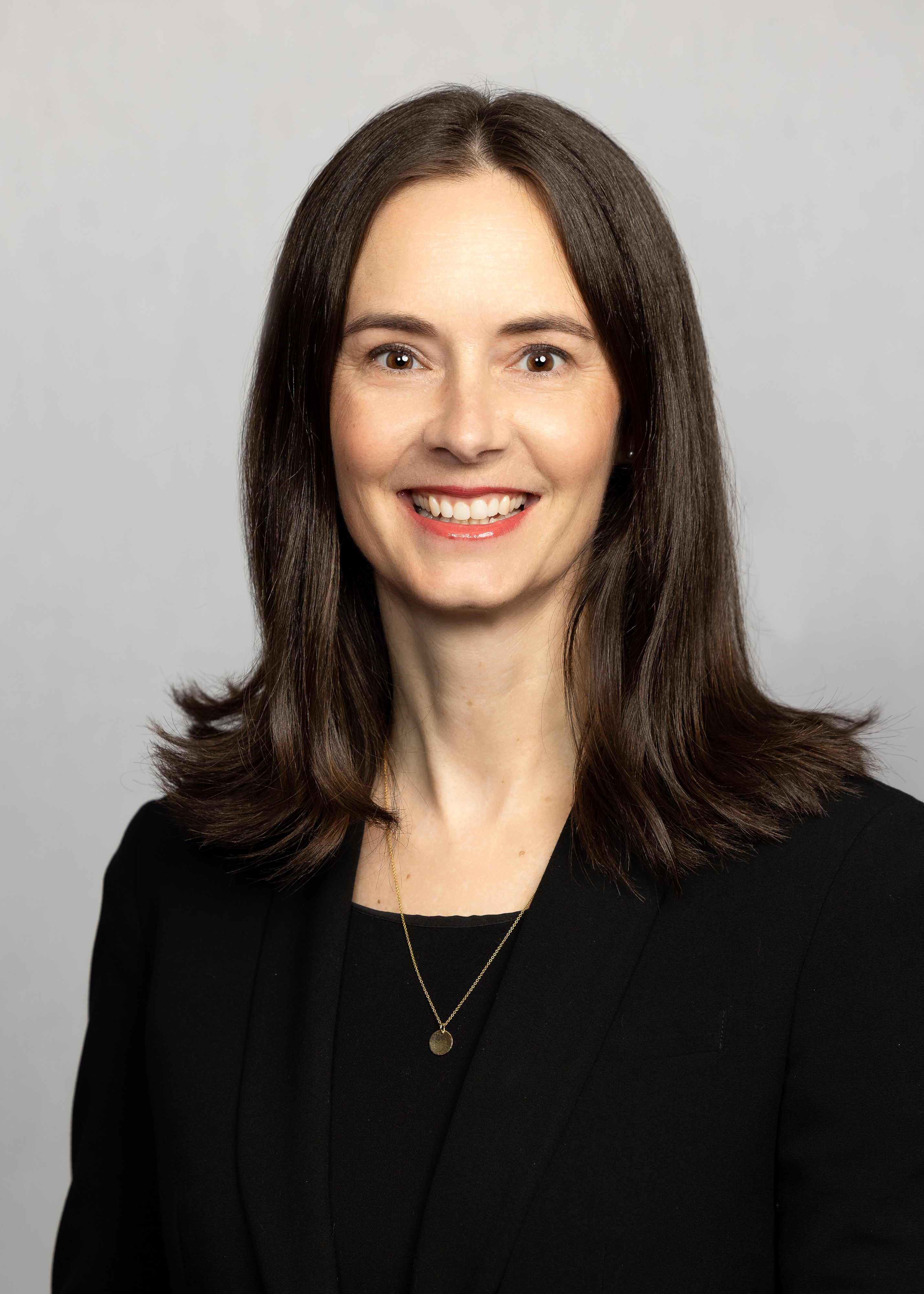
Isabelle Charron
At Ouranos since 2010, Isabelle has worked in both the Climate Services and the Vulnerability, Impacts & Adaptation groups. She currently leads a knowledge transfer and training team. She has authored a guidebook on climate scenarios and has contributed her expertise to the publication of Ouranos’s synthesis reports on climate knowledge in Quebec and to Canada’s Changing Climate Report. She is involved in the development of climate portals at provincial and national levels. Isabelle holds a doctorate degree in Forest Ecology from the University of Calgary and a post-doctorate in fluvial geomorphology from the University of Montreal.
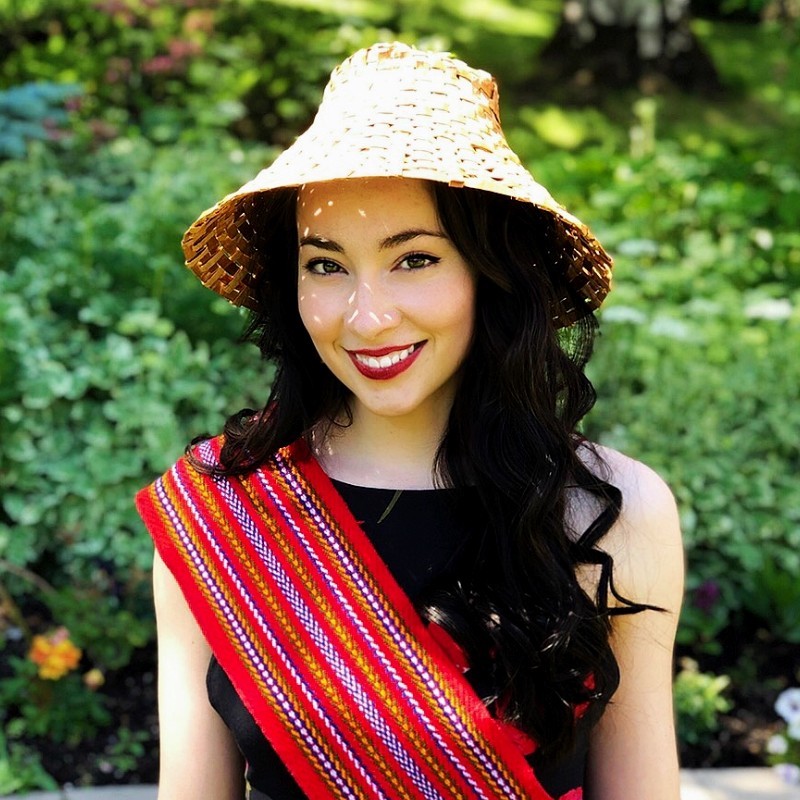
Janna Wale
Janna Wale (Gitxsan/Cree-Métis), serves as a policy advisor for the newly established Indigenous research stream at the Canadian Climate Institute. She holds a Bachelor of Natural Resource Science (Hons.) and a Master of Science in Sustainability, where her research focused on climate resilience in Indigenous communities. Her commitment to improving the world for the next seven generations is evident through her impactful work and research projects. She has represented Indigenous youth on a global stage, speaking at the UN Climate Change Conference (COP28) in Dubai with SevenGen, a collective of Indigenous Youth Energy Leaders. Janna participates in various climate change advisory committees, volunteering her time with non-profit organizations and encouraging youth to pursue research in this field.
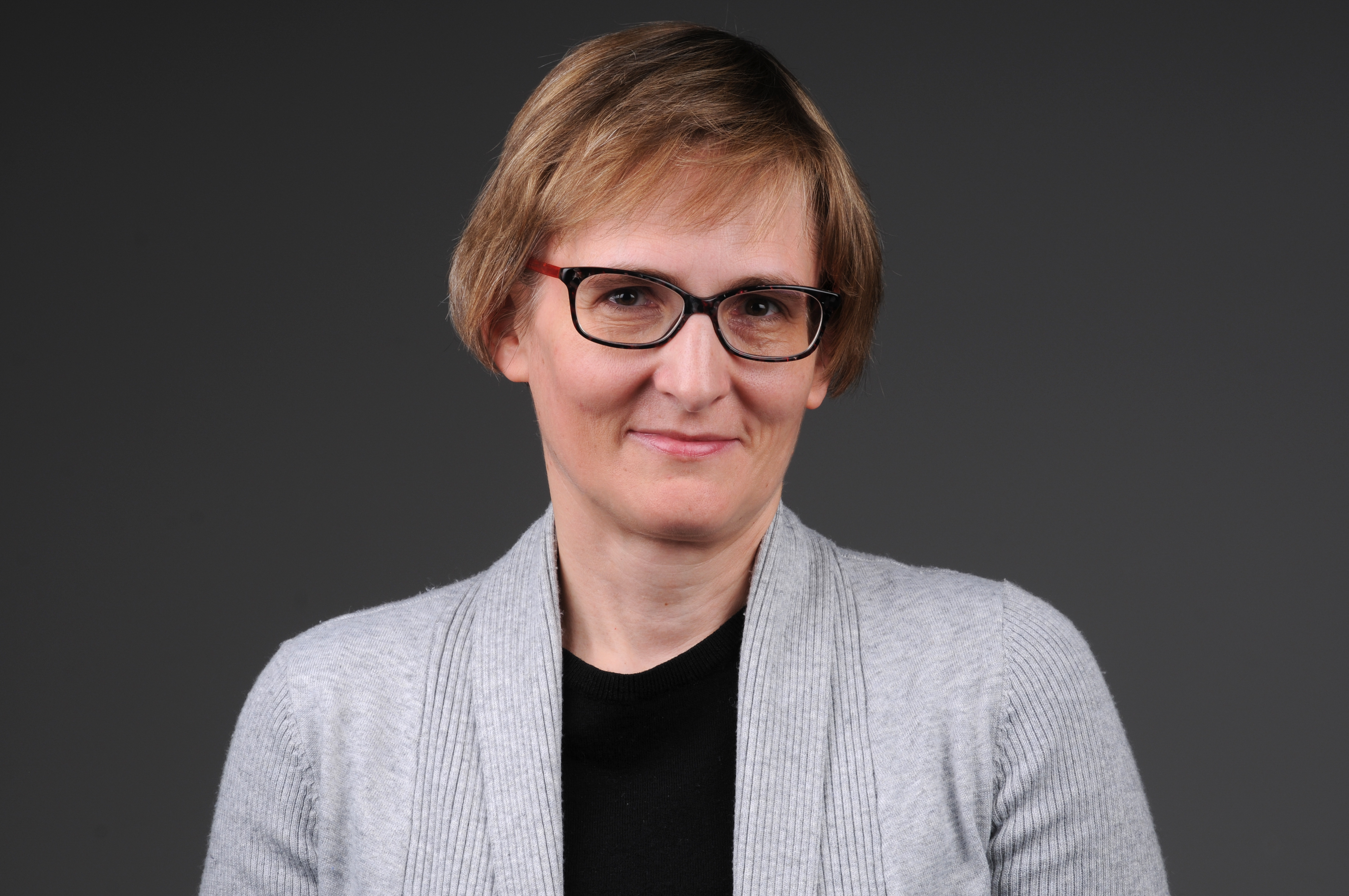
Jo-Ellen Parry
Jo-Ellen Parry, Deputy Director, Resilience, undertakes research, analysis, engagement and management activities within IISD’s Resilience Program. Building on more than ten years of experience in the field of climate change, Jo-Ellen’s current work strives to build the capacity of communities and governments in Canada and developing countries to manage climate risks. Previously she has undertaken research on developing countries’ climate change adaptation actions, on how adaptation to climate change might be advanced through an international agreement under the United Nations Framework Convention on Climate Change, the potential role of market mechanisms in promoting greenhouse gas reductions, and community based natural resources management.

Kathryn Bakos
As Managing Director of Finance and Resilience at the Intact Centre on Climate Adaptation, Kathryn drives innovative insights linking climate change and finance. Her pioneering research quantifies flooding’s impact on Canada’s residential real estate and mortgage markets and she created a tool to integrate climate preparedness in investment decisions. Her work influences governments, regulators, investors, and communities on effective climate adaptation. Kathryn holds an Honours Bachelor of Science from the University of Toronto and a Master of Environment and Business from the University of Waterloo. She is a TED talk speaker, 2023 Clean50 Emerging Leader award recipient, and a recognized media expert.

Kayleigh Chaston-Vickers
Kayleigh is a policy advisor and educator at Environment and Climate Change Canada, specializing in climate change adaptation. She has contributed to numerous climate and environment policies, such as the Pan-Canadian Framework on Clean Growth and Climate Change and Canada’s National Adaptation Strategy. Her work has focused on supporting leading capacity-building mechanisms and networks for climate adaptation and resilience. In her current role, Kayleigh delivers training programs designed to equip public servants to incorporate climate and nature considerations into their daily work. Her focus areas include knowledge mobilization, harnessing behavioural insights for systems change, and relationship-driven capacity building.

Killian Abellon
Killian is the Coordinator of Climate Change for the Cree Nation Government where he is collaborating with Environment Canada to include Traditional Ecological Knowledge, when appropriate, and Cree case studies for a meaningful Canada's Changing Climate report 2025. Killian graduated from McGill University with a degree in Sustainability, Science and Society and is a peer-reviewer for Arctic Science. Residing in Tiohtià:ke, he promotes youth advocacy and inclusion in climate governance. Great lover of hikes, you might cross paths with him in a forest of the Eastern Townships.

Melanie Bateman
Melanie is a Canadian social scientist with degrees in International/Global Development and Political Science. She currently works as the water resources coordinator for the Congress of Aboriginal Peoples and has been studying a human-rights perspective of water and the environment since 2019 and continually advocates for intersectional and Indigenous-led climate action. As a settler of British and Scottish decent with a family legacy of RCMP officers, Melanie has had the privilege to live in many places yet identifies as a Maritimer and strives to use this privilege to not only work towards personal/ancestral reparations but to advance Indigenous rights, sovereignty and ways of life.
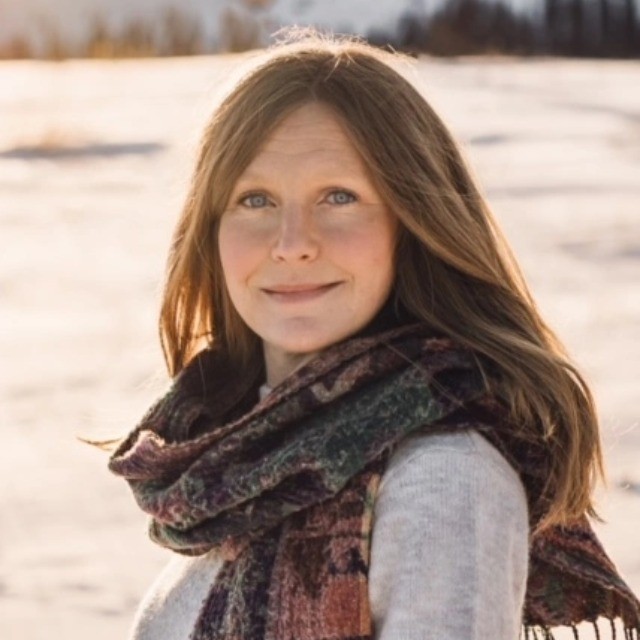
Nina Modeland
Nina Modeland is the Government of Yukon’s scientific and program lead for climate change adaptation. As Adaptation Manager, she provides expert advice, critical analysis, and strategic leadership to advance climate change adaptation programs, policies, and strategies across the territory. Her work bridges scientific research, Indigenous knowledge, and policy development to enhance climate resilience in the North. Nina has over a decade of experience in environmental science and governance, including roles in adaptive management, environmental assessment, and regulatory development. She finds balance and inspiration exploring Yukon’s wilderness with her family and their dog.
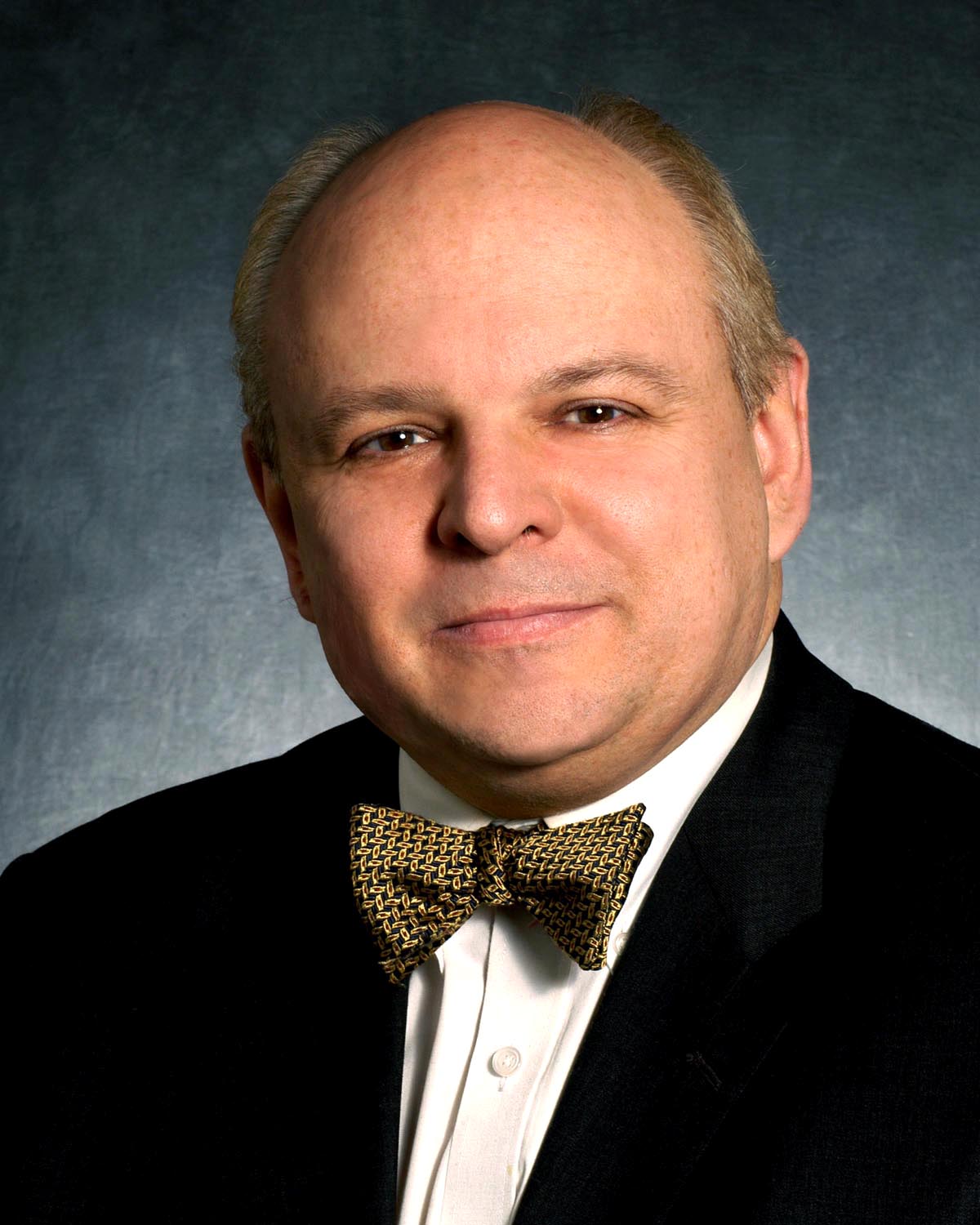
Paul Kovacs
Paul is the founder and Executive Director of the Institute for Catastrophic Loss Reduction (ICLR) at Western University, an independent, not-for-profit centre for multi-disciplinary disaster prevention research and communications. Paul’s research interest is insurance and adaptation to climate extremes. This includes action to build communities resilient to damage from urban flooding, tornadoes, catastrophic earthquakes and interface wildfire. For 20 years, Paul was a volunteer with the United Nations’ Intergovernmental Panel on Climate Change (IPCC), the international body for assessing the science related to climate change.

Serge Dupuis
Serge is a Civil Engineering Professor at the Université de Moncton, specializing in climate change adaptation and project management and recently a member of the National Adaption Strategy Advisory Table on Resilient Infrastructure. His experience in engineering has focused on managing, designing, constructing, operating, and replacing public infrastructure. Serge has developed extensive expertise in asset management and in creating climate change adaptation plans for both urban and rural communities. He is a professional engineer, a Fellow of Engineers Canada, the co-founder of the New Brunswick Infrastructure Institute and was previously the President of Engineers and Geoscientists New Brunswick.
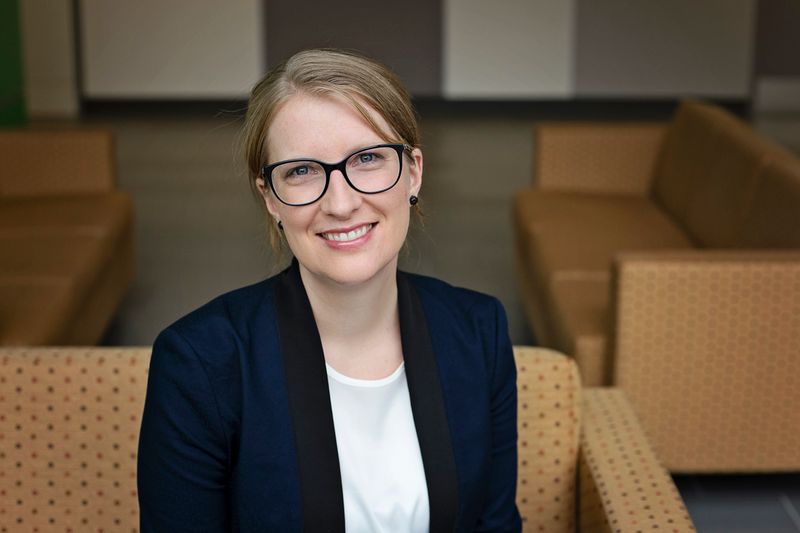
Sherilee Harper
Sherilee Harper is a Canada Research Chair in Climate Change and Health, Kule Scholar, and Professor in the School of Public Health at the University of Alberta. Her research investigates associations between weather, environment, and health equity in the context of climate change, and she collaborates with partners across sectors to prioritise climate-related health actions, planning, interventions, and research. She was a Lead Author on two Intergovernmental Panel on Climate Change (IPCC) reports; served on the Gender Task Group for the IPCC; Lead Author on Health Canada's 2022 Climate Change and Health Assessment; and Co-chaired the Government of Canada's Health and Wellbeing Advisory Table for the National Adaptation Strategy.
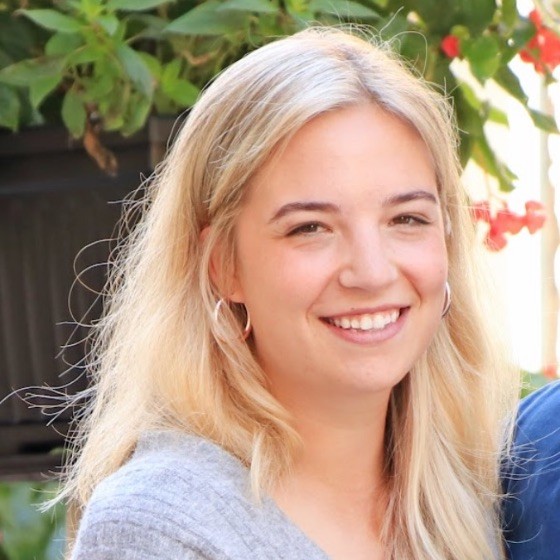
Sydney Castro
Sydney Castro is the Senior Policy Advisor on Climate Change at the Métis National Council, working on national and international climate policy. Such areas of work include climate adaptation, clean energy and clean growth, and responses to a changing climate across the Métis homeland. Prior to this role, Sydney worked in a variety of positions at the Métis National Council, including the Acting Economic Development Director and Natural Resources Policy Advisor, following her role as the Director of Environment and Climate for Les Femmes Michif Otipemisiwak. Sydney comes from a pair of adoptees, and the families who chose them are first generation English settlers and Inuit from Northwest River, Labrador. Born and raised in what’s currently called Toronto, Sydney now gratefully resides in Ottawa with her husband and small army of household pets.
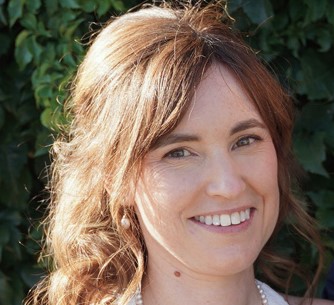
Fiona Warren- Chair of the National Assessment Process Advisory Committee
Fiona Warren is a climate change specialist with over 20 years of experience in assessing climate impacts and advancing adaptation. Since 2019, she has led Canada’s National Assessment Process at Natural Resources Canada and has been involved in national assessment work since the early 2000s. Driven by a passion for adaptation and a strong belief in the value of evidence-based decision-making, she is committed to ensuring Canadians have access to credible, country-specific information on climate change. With deep expertise in translating complex science into clear, actionable insights, she also serves as lead scientific editor and author on numerous reports. She holds an M.Sc. from McMaster University and a B.Sc. (Hons) from Queen’s University.
Selection process
The National Assessment Secretariat posted a call for Expressions of Interest for an Advisory Committee in the summer of 2024. The selected members, who reflect a diverse population, will provide advice to the Assessment Secretariat to help guide the assessment process and ensure the results meet the needs of the target audiences.
Committee activities commenced in the fall of 2024 and will continue through the entire assessment process (approximately 5 years).
Other ways to get involved
If you are interested in participating in the Assessment process in other ways, please visit the National Assessment Process Engagement Page, to find any upcoming opportunities to get involved.
Contact
If you have any questions or comments, please reach out to the Assessment Secretariat: nationalassessment-evaluationnationale@nrcan-rncan.gc.ca.